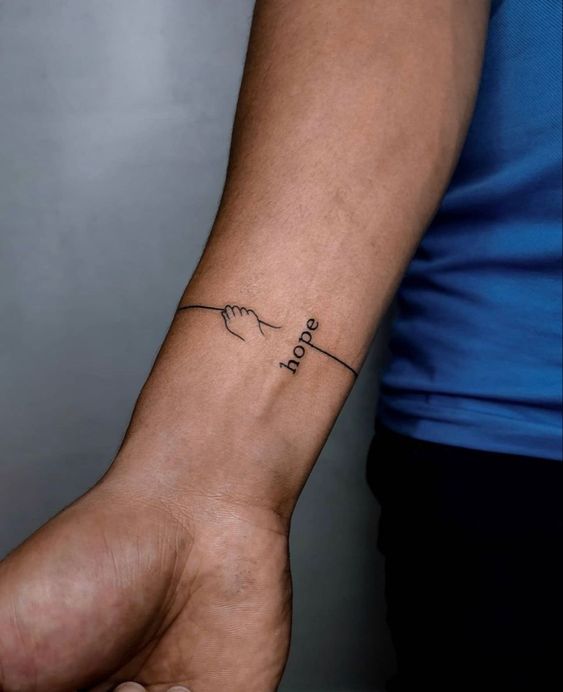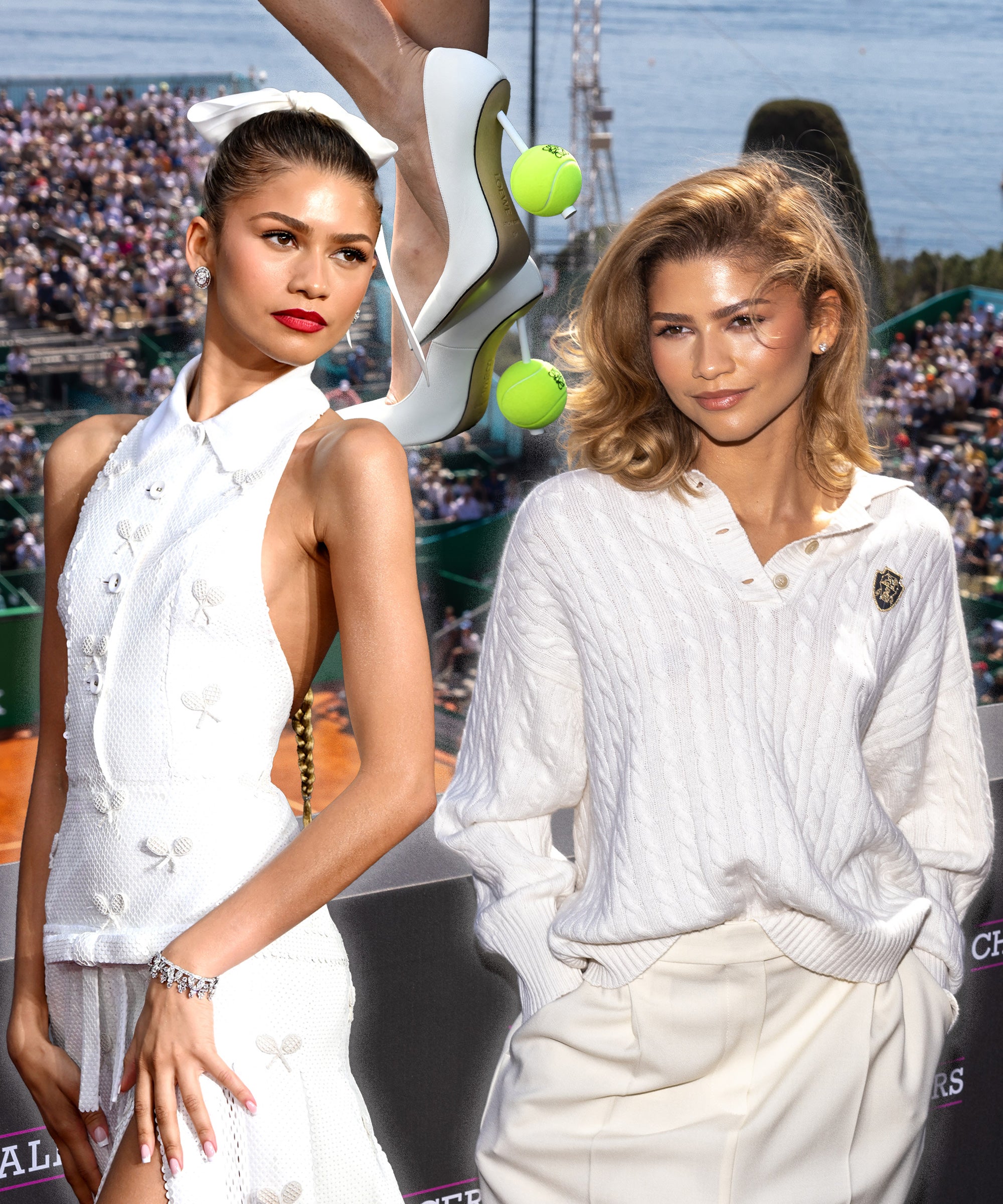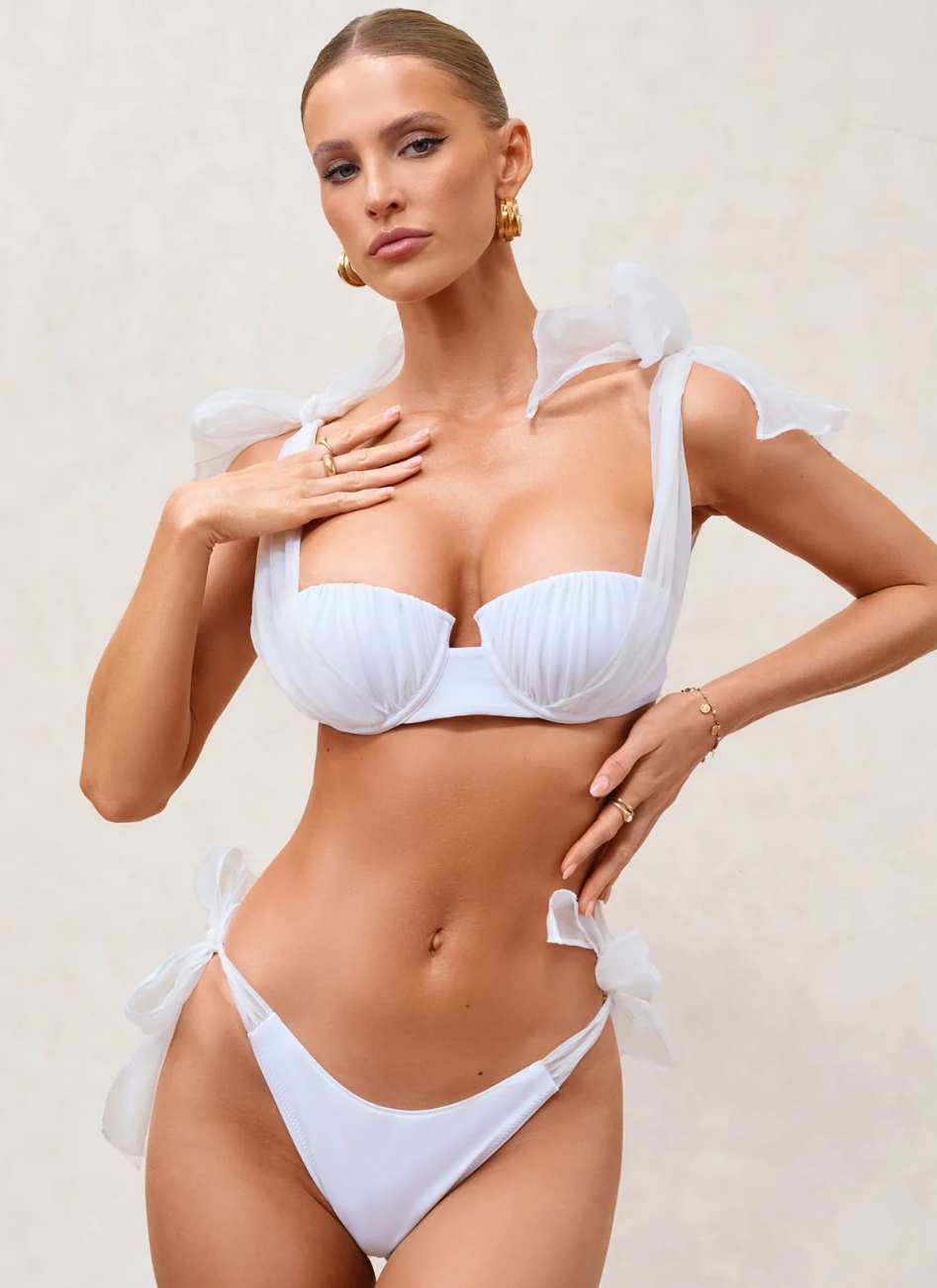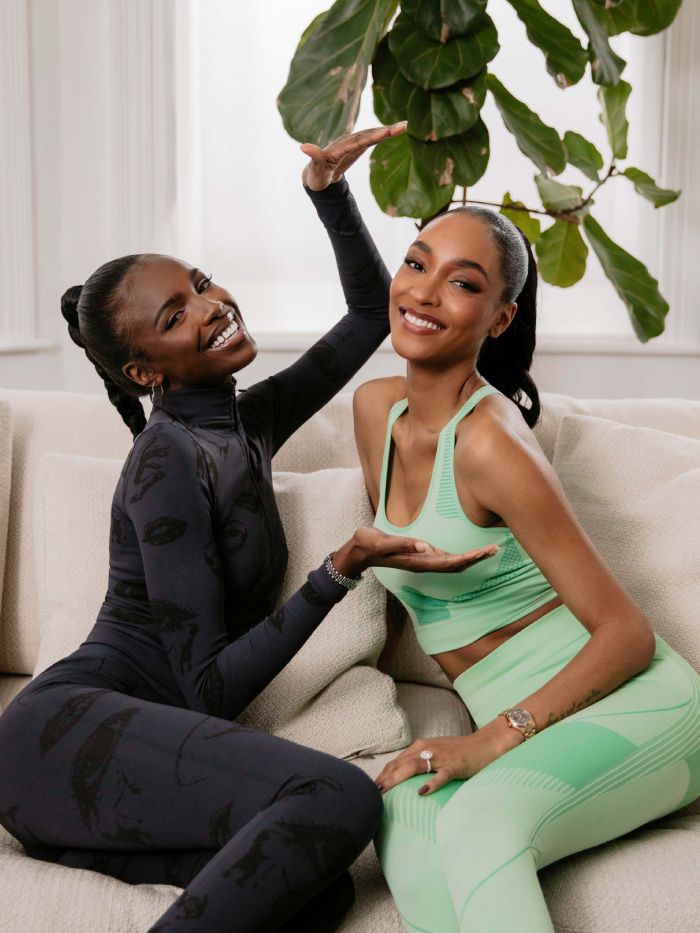
Launching a business at any time is quite the feat, but launching a business during a pandemic? Model Leomie Anderson isn’t mad, but she is exceptionally hard-working, and such a task requires that kind of stamina. Before the pandemic, the longest she’d been in her home city of London was four weeks, she tells me. In fact, she hadn’t spent a full year in the capital in the past 12 years, as she was so often travelling for work. With high-profile gigs ranging from Redken commercials to L’Officiel covers, she clearly isn’t afraid of grafting at the behest of brands or magazines, but like most of us grounded in the UK, it gave her time to focus on other things, such as the relaunch of her multifaceted brand LAPP.
Perhaps it’s unsurprising that she cites Rihanna, the first woman to launch a label from scratch and be backed by fashion monolith LVMH, as one of her business heroes. One of the reasons why she admires the singer so much is that people, initially at least, underestimated Rihanna, and she can see that with her own experience. “People see models, [and]they think that they know exactly the kind of person that you are, know how intelligent you are or what you’re interested in or the kind of life you live. But none of it is ever actually true,” she says.

So then, what has it really been like to relaunch a business over the past year? She tells me that it has been very draining mentally, and I believe her—how could it not be? Alongside agenda-setting content, the focus of LAPP is clothing, and the most recent collection of her sportswear line dropped this week exclusively at Flannels, featuring a range of leggings, tops and jackets in a mostly pastel palette range (very 2021). Despite COVID-19, I wonder if it’s oddly been a serendipitous time to enter the market once more, especially considering there was at one point supposedly a dearth of sportswear in the UK due to such high demand.
“So many people said it must have been an amazing year for you to launch in, but really, it was very difficult,” she says. “In the beginning, I couldn’t see it because it took me so long to get to that point and then to launch in the middle of the pandemic and then delays because of COVID, your products not arriving, the factory having to close because someone got COVID. I was dealing with so much of the stressful aspects of it that, as it was just me and two freelancers. I couldn’t really enjoy when things were selling a lot because I felt like I was being hit with another problem.”

Honestly, this is what is so attractive about Anderson. She’s not (and never has been) afraid to speak openly, whether it’s about her business or about the fashion industry. I wanted to ask her, with the anniversary of the widespread Black Lives Matter protests last summer coming up in June, whether she thinks there has been a shift in the fashion industry at all. “A lot of people felt very moved by the BLM movement but didn’t understand how intrinsically they were also enabling the systemic oppression to happen,” she says. “A lot of companies rushed to do diversity campaigns, inclusion campaigns. However, I feel that brands are doing that surface-level stuff but not looking at themselves in the mirror properly to see how they’ve been able to uphold the system of oppression.”
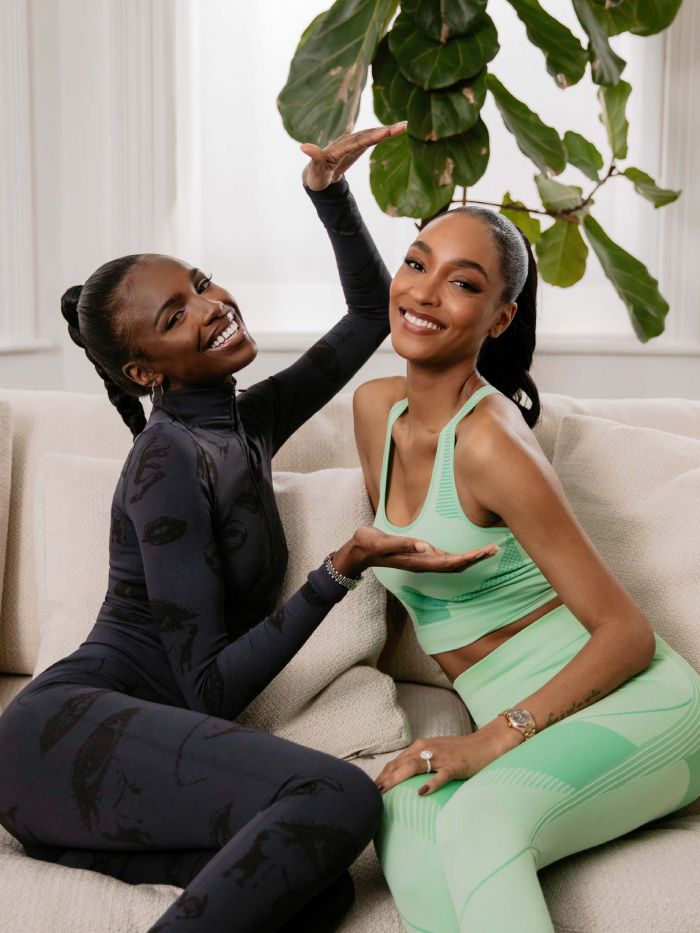
One of the many pertinent things that Anderson said that really struck me during our conversation was that she thinks “we should all be a lot more appreciative of each other in fashion.” That focus extends to fashion week and how it should change in a post-COVID world (whenever that might be).
“I think that people are realising more now that fashion week had become a spectacle that wasn’t really about the clothes but very much about who’s in the front row and who’s at the after-party and where is everybody is at,” she says.
When chatting with Anderson, you can tell that she really thrives from being in the details and coming up with creative solutions, and this skill set has been a valuable asset in response to the pandemic. “It’s made me realise how much we take for granted,” she says. “Being with other people and bouncing ideas off of them in real life is something that is really important, so it’s definitely changed the way that I think as a businesswoman, but it’s also helped me think of more creative ways on how to connect with people. It’s definitely changed things, but it’s also presented a challenge on how to make use of this time better.”

Other than Rihanna, she tells me that she’s inspired by high fashion and Jean Paul Gaultier particularly, who she met last year before lockdown. “I’m also loving Mowalola Ogunlesi [a Nigerian designer]. What she represents is very similar to that early ’00s designer mindset. She’s really out here living her life and then transferring that to her designs. She moves to the beat of her own drum. She’s not here trying to turn her brand into this big corporate fashion brand. She’s really just using it as a way of self-expression,” she adds.
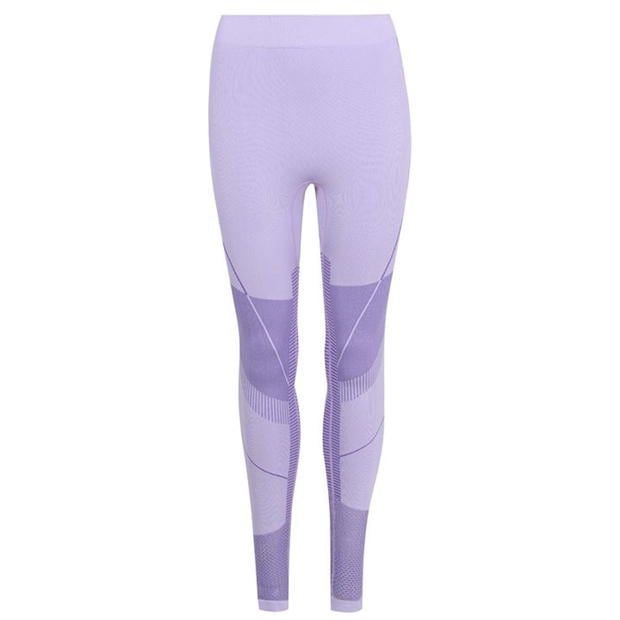
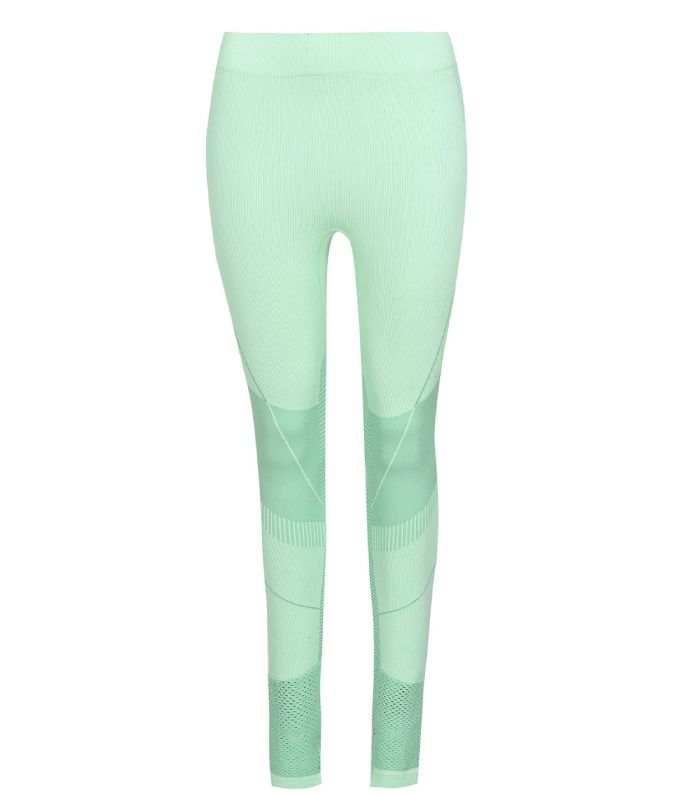
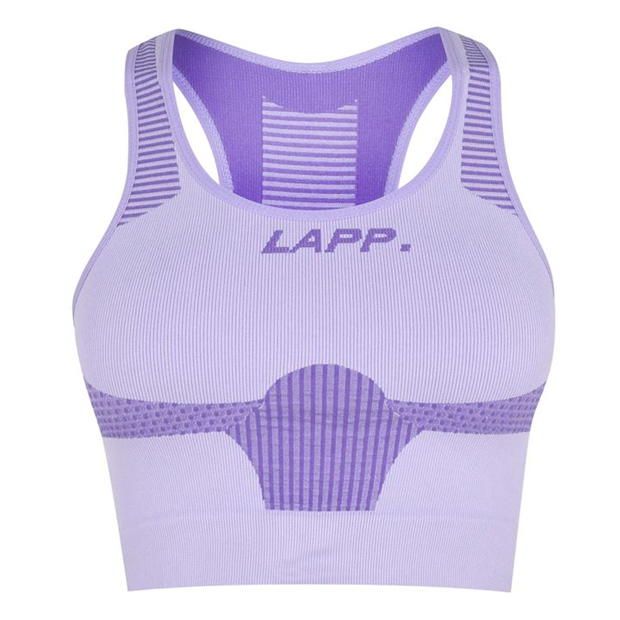
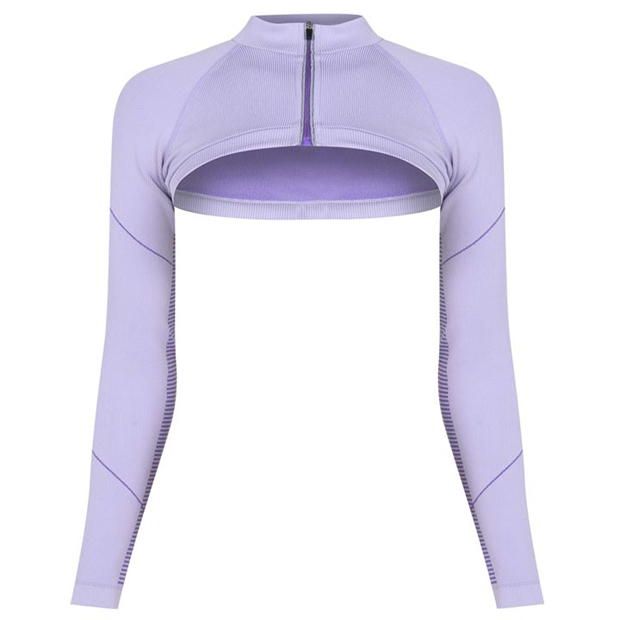


Next up, The Biggest Spring/Summer 2021 Fashion Trends to Know


